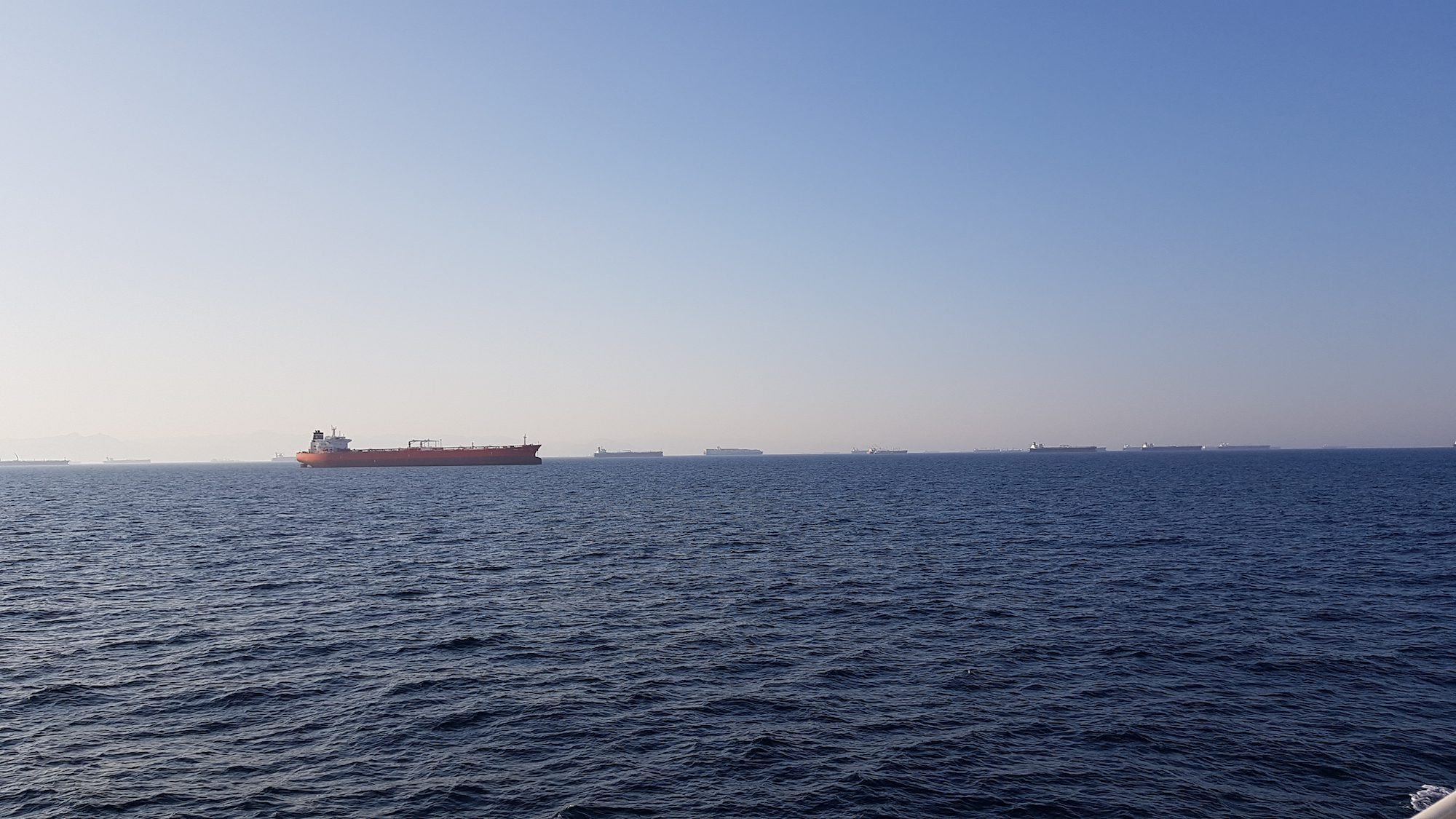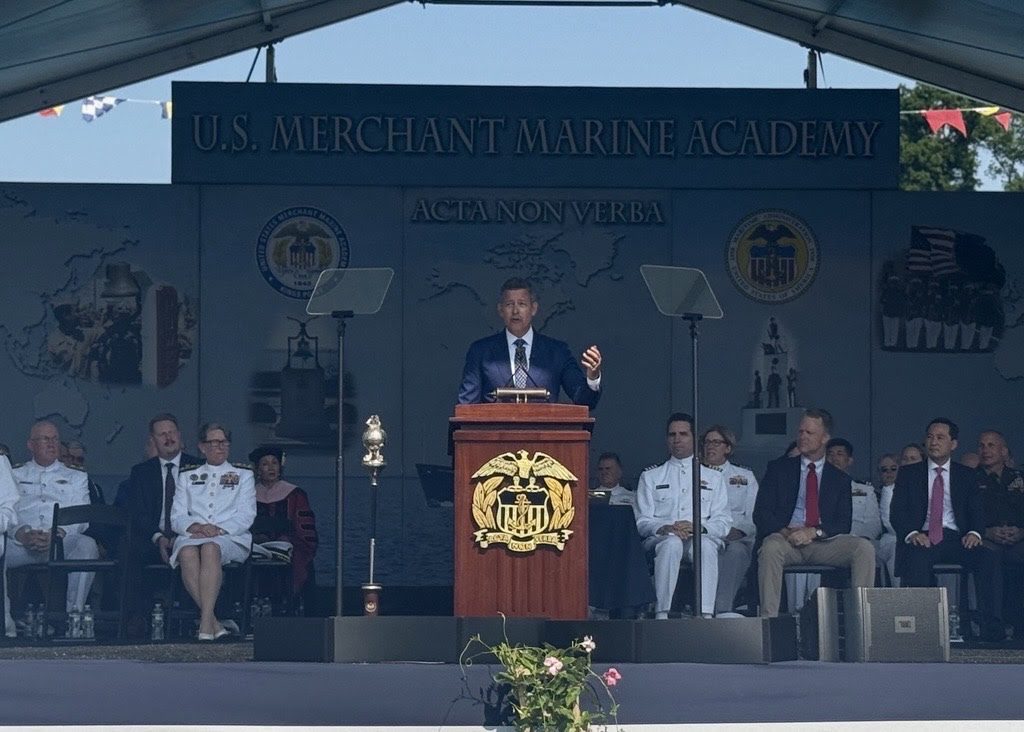Governemnts at the meeting of the IMO’s key maritime environment committee have rejected plans for a shipping industry-backed program to accelerate research and development of alternative fuels that will help catalyze the industry’s decarbonization effort.
Known as the International Maritime Research and Development Board (IMRB), the IMO-supervised program would have accelerated research and development of low-carbon and zero-carbon fuels and technologies used in marine transport. The proposal had received backing from many of the biggest international organizations in the shipping industry, which have urged governments to move swiftly on adopting the proposal.
The rejection came during this week’s meeting of the IMO’s Marine Environment Protection Committee (MEPC 78). The IMO, the UN agency responsible for regulating international shipping, has set an initial target of reducing shipping’s GHG emissions by at least 50 percent by 2050, compared to 2008 levels. The IMO is expected to finalize its greenhouse gas reduction strategy in 2023, with pressure building to increase the target to net zero GHG emissions by 2050.
Many viewed the IMRB as the most concrete proposal currently on the table. At this time, there is no consensus on the future fuel mix that will help the industry acheive its decarbonization goals.
“By refusing to take forward the shipping industry’s proposed research and development fund, the IMO has wasted its opportunity to kick start a rapid transition to zero-carbon technologies which will be vital if we are to decarbonise completely by 2050,” said Guy Platten, Secretary General of the the International Chamber of Shipping (ICS), representing 80% of the world’s merchant fleet. “Despite the support of many IMO States, we have been frustrated by short-sighted political manoeuvring which has led to the proposal in effect being killed. The signal this sends means that the financial risk associated with green investment will remain high, slowing down efforts to switch to zero-carbon fuels as soon as possible.”
Funding for the program was planned to come through an International Maritime Research Fund (IMRF), financed through a $2 per tonne tax on fuel consumed by every ship over a period of 10 years.
“Some claimed that the fund was a market-based measure and did not go far enough, deliberately misinterpreting our intention. The fund was never presented as a carbon pricing measure, which, although being an additional measure which we also fully support, is politically far more complex and will take many more years to develop. If governments had shown the political will, the separate R&D fund could have been up and running next year, raising billions of dollars from industry at no cost to governments,” said Platten.
“In addition to providing half a billion dollars per year to support global R&D programmes, the fund would have provided US$50 million per year to support maritime greenhouse gas reduction projects in developing countries – a ten-fold increase to the current IMO technical cooperation budget. Sadly, it seems this opportunity to provide immediate help to the likes of Small Island Developing States has also now been lost,” added Simon Bennett, Deputy Secretary General of ICS.
“On the positive side, the possibility remains for the IMO to make use of the Fund’s proposed regulatory architecture to underpin a future global carbon levy on shipping’s CO2 emissions, to close the price gap with zero-carbon fuels when they become available and provide significant funds to help expedite the transition to net zero by 2050,” added Bennet.
“If the contribution system which we have developed can speed up implementation of a global carbon levy for shipping, we may yet be able to look back on this setback at the IMO as a significant moment of success,” he said.
“Despite the lack of government leadership at the IMO, the shipping industry remains committed to finding ways of achieving net zero carbon emissions by 2050. Funding for R&D will be top of the agenda at the Shaping the Future of Shipping Summit, to be hosted by ICS in London on 21 June. We will bring together leading CEOs from across our global industry to find ways to practically decarbonise shipping,” said Platten.
Tags:

 Join The Club
Join The Club










